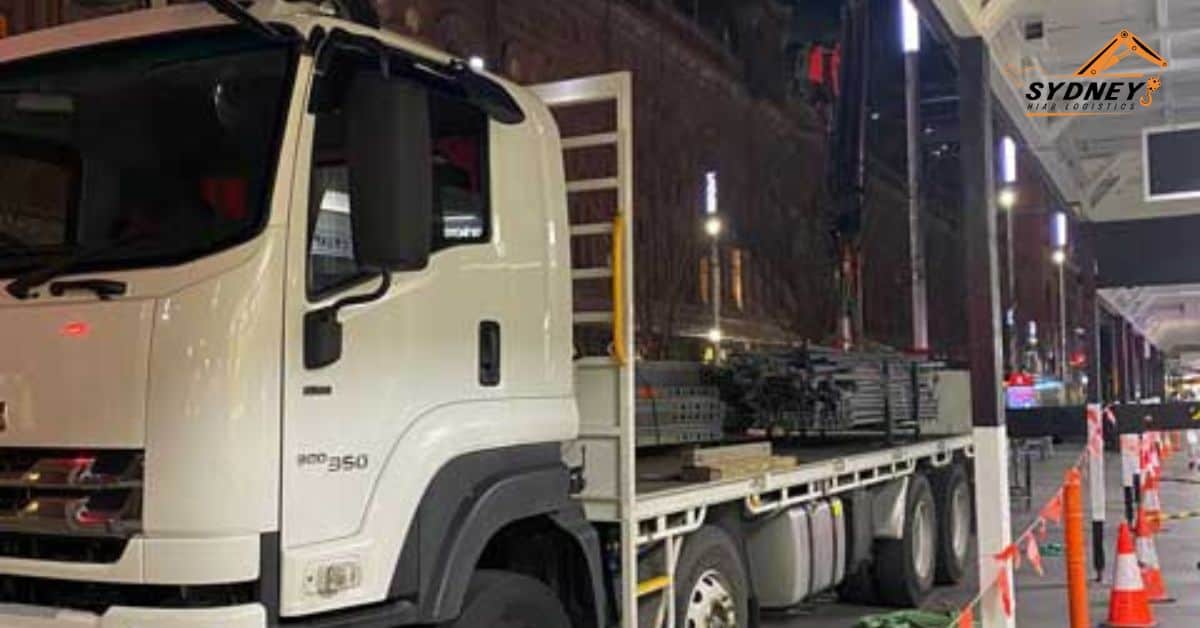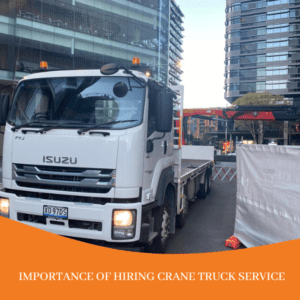Are you planning to rent a crane for your construction or industrial project? It’s a decision that can significantly impact efficiency, safety, and project timelines. Whether you’re overseeing a large-scale construction site, tackling a specialized lifting task, or managing infrastructure projects, choosing the right crane and navigating the rental process effectively are crucial steps toward success. In this guide, we’ll explore eight essential tips to ensure a seamless and productive crane rental experience.
Essential Tips for Renting a Crane: What You Need to Know Before Renting
1. Understanding Your Project’s Lifting Requirements
The first step in renting a crane is to assess and understand your project’s lifting requirements. This involves figuring out the equipment or objects that need to be lifted, as well as their dimensions and weight. Think about elements like the necessary reach and height as well as any particular site circumstances (such cramped areas or uneven ground) that might affect the choice and performance of the crane. Knowing these specifics will help you select the right type and capacity of crane to effectively meet the demands of your project
2. Educate Yourself On Common Crane Types
Crane technology has advanced dramatically, providing a broad variety of models tailored to different lifting and construction applications. Learn about the various types of cranes that are often used, including tower, crawler, overhead, and rough terrain/all-terrain mobile cranes. Every variety has unique lifting capacities, movement traits, and skills. Knowing the distinctions between these types of cranes will help you choose the best crane for your project by taking into account things like reach, mobility, and lifting capacity requirements.
3. Don’t Hesitate To Consult With Crane Rental Companies
Engage with reputable crane rental companies early in your planning process.These experts provide professional guidance based on the unique lifting requirements of your project, including information on crane availability, operating logistics, and safety regulation compliance. By speaking with several businesses, you can evaluate offers, acquire comparable pricing, and make sure you choose the best crane rental company for your project while staying within your budget. Throughout the course of the project, this proactive strategy improves operational efficiency and safety protocols in addition to assisting with the timely acquisition of the appropriate equipment.
4. Ensure The Rental Company Prioritizes Safety
Safety is paramount when operating cranes, considering the potential risks associated with heavy lifting and equipment movement. Choose a crane rental company that prioritizes safety by adhering to stringent maintenance practices, providing certified operators, and complying with industry safety standards and regulations. A commitment to safety minimizes risks and ensures a secure working environment for all personnel on site.
5. Be Aware Of Any Permits Or Regulations Required
Operating a crane often requires obtaining permits and complying with local regulations. Before renting a crane, thoroughly research and understand the permit requirements and regulatory obligations in your project area. This may include permits for crane operation, environmental considerations, noise regulations, and traffic management plans. Compliance with regulations prevents delays and potential legal repercussions during the project execution phase.
6. Consider Additional Services You Might Need
Beyond renting the crane itself, consider additional services that may enhance operational efficiency and safety. These services may include hiring skilled crane operators, securing insurance coverage for the equipment and personnel, scheduling regular maintenance and inspections, and accessing technical support throughout the rental period. Assessing these needs upfront ensures comprehensive support and mitigates operational challenges during project execution.
7. Obtain Quotes From Multiple Crane Rental Companies
To make an informed decision, get quotes from multiple crane rental companies. Compare pricing structures, service offerings, equipment availability, and customer support capabilities. While cost is a significant factor, prioritize reliability, equipment condition, and the rental company’s reputation for delivering on-time and responsive service. Evaluating multiple options empowers you to select a provider that best aligns with your project requirements and budget constraints.
8. Review The Rental Agreement Thoroughly
Before finalizing your crane rental agreement, carefully review all terms and conditions outlined by the rental company. Pay attention to rental duration, payment terms, cancellation policies, liability clauses, insurance requirements, and any additional fees or charges. Seek clarification on ambiguous terms and ensure mutual understanding of responsibilities and expectations between all parties involved. A clear and comprehensive rental agreement minimizes potential disputes and facilitates a transparent working relationship throughout the rental period.
Conclusion
Renting a crane demands careful consideration of various factors to optimize project outcomes and ensure operational efficiency. By understanding your project’s lifting requirements, educating yourself on crane types, consulting with experienced professionals, prioritizing safety measures, complying with regulatory requirements, considering additional support services, obtaining competitive quotes, and reviewing rental agreements meticulously, you can navigate the crane rental process with confidence. For reliable crane rentals and expert support, consider Sydney Hiab Logistics for your project




